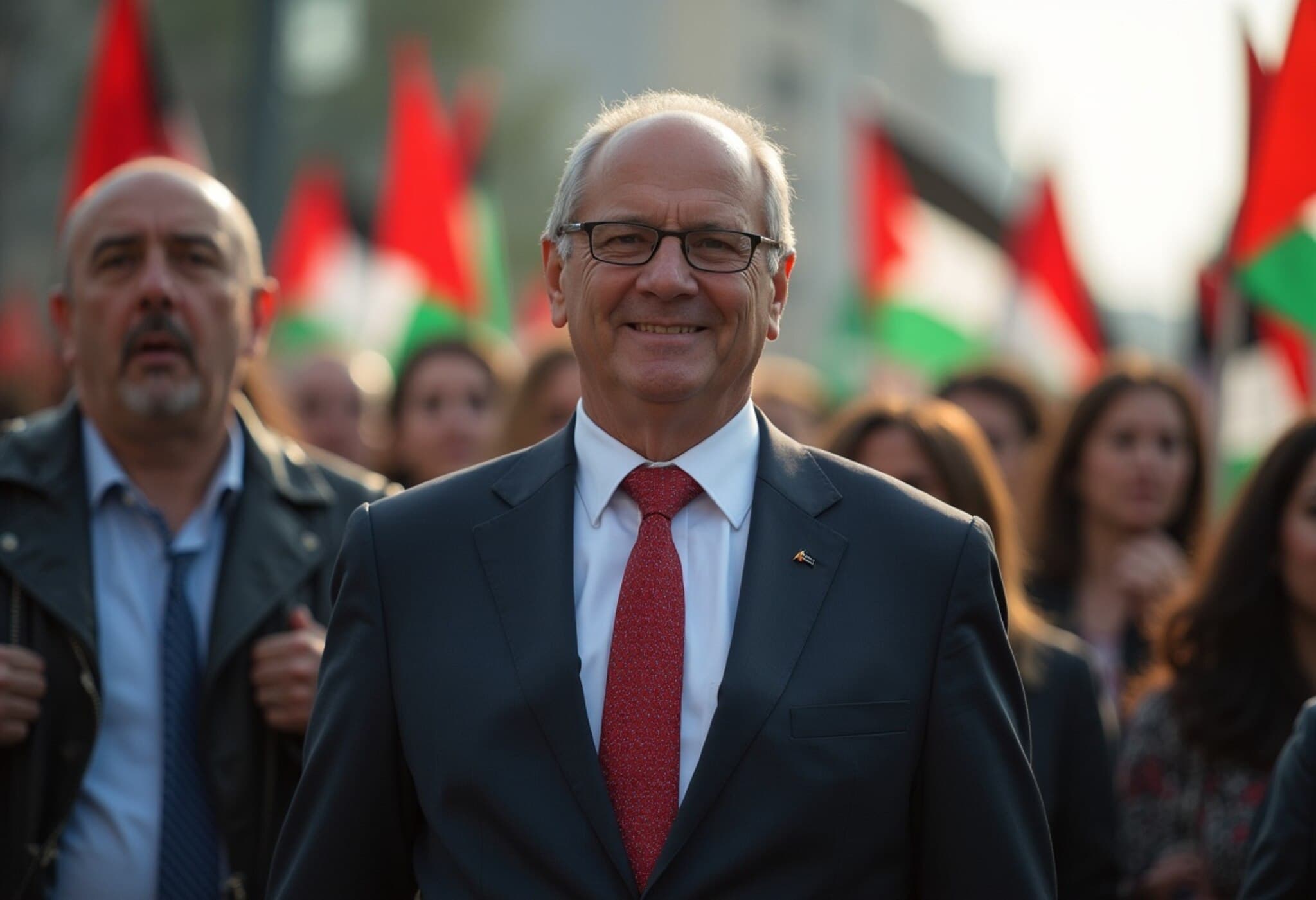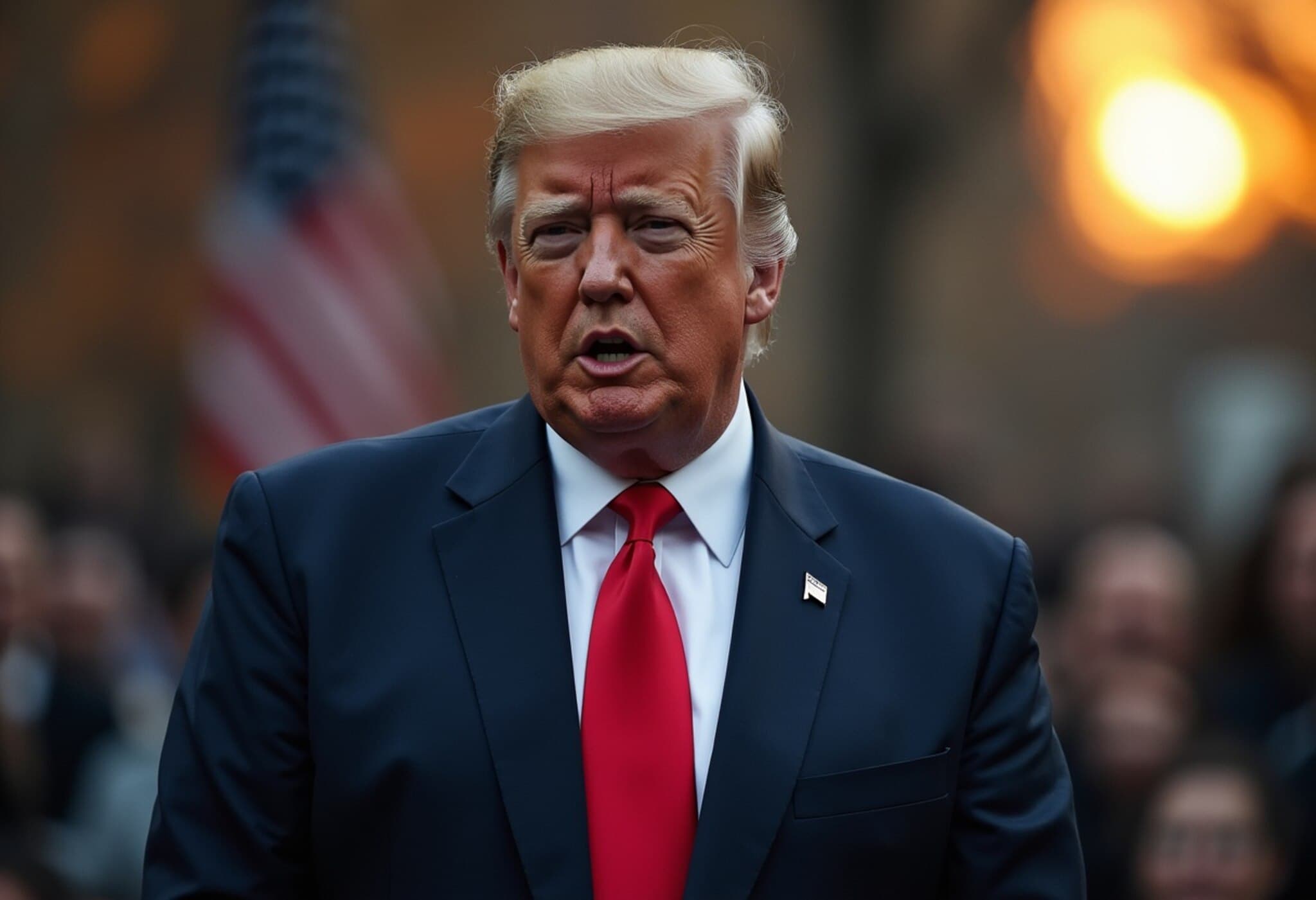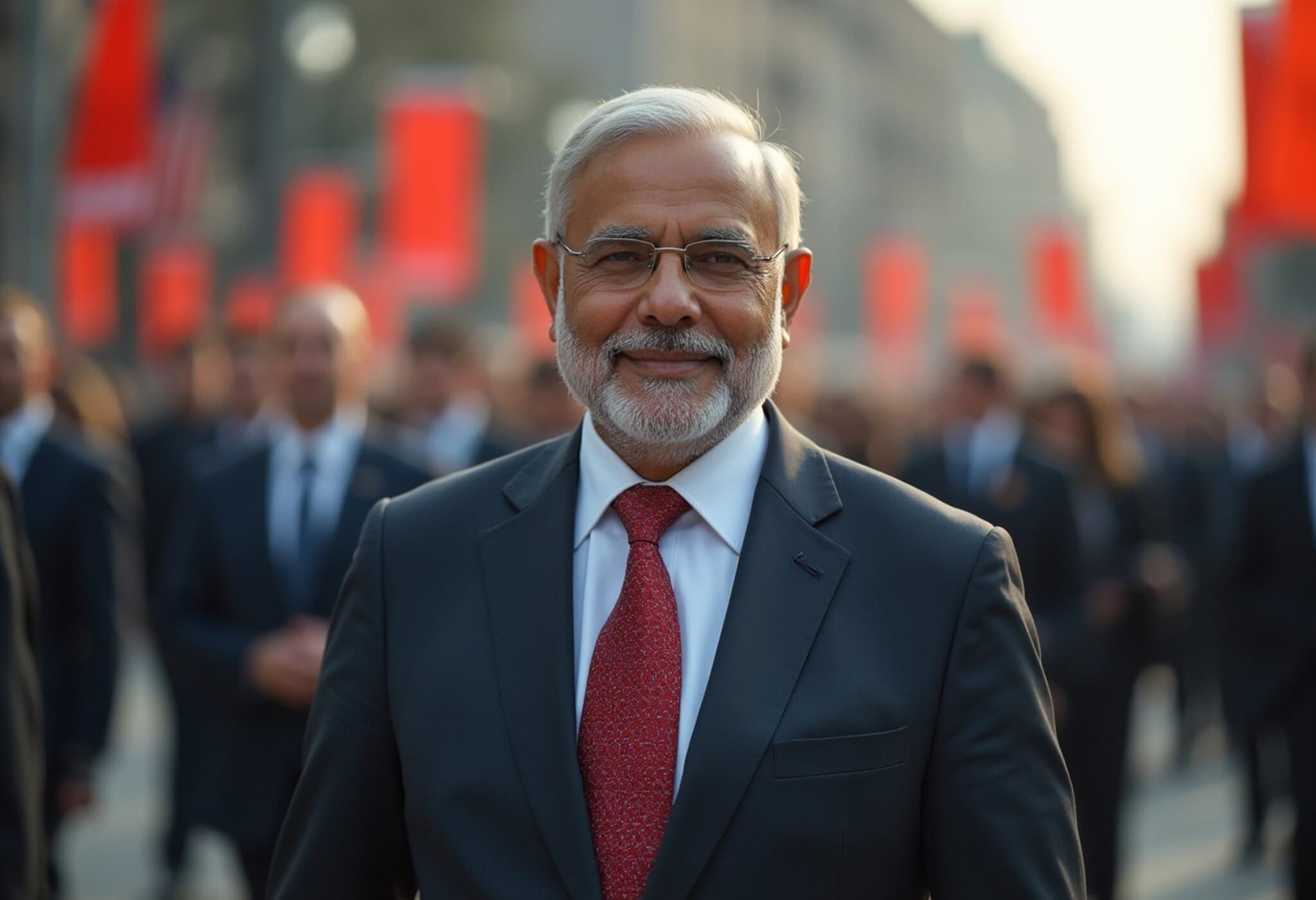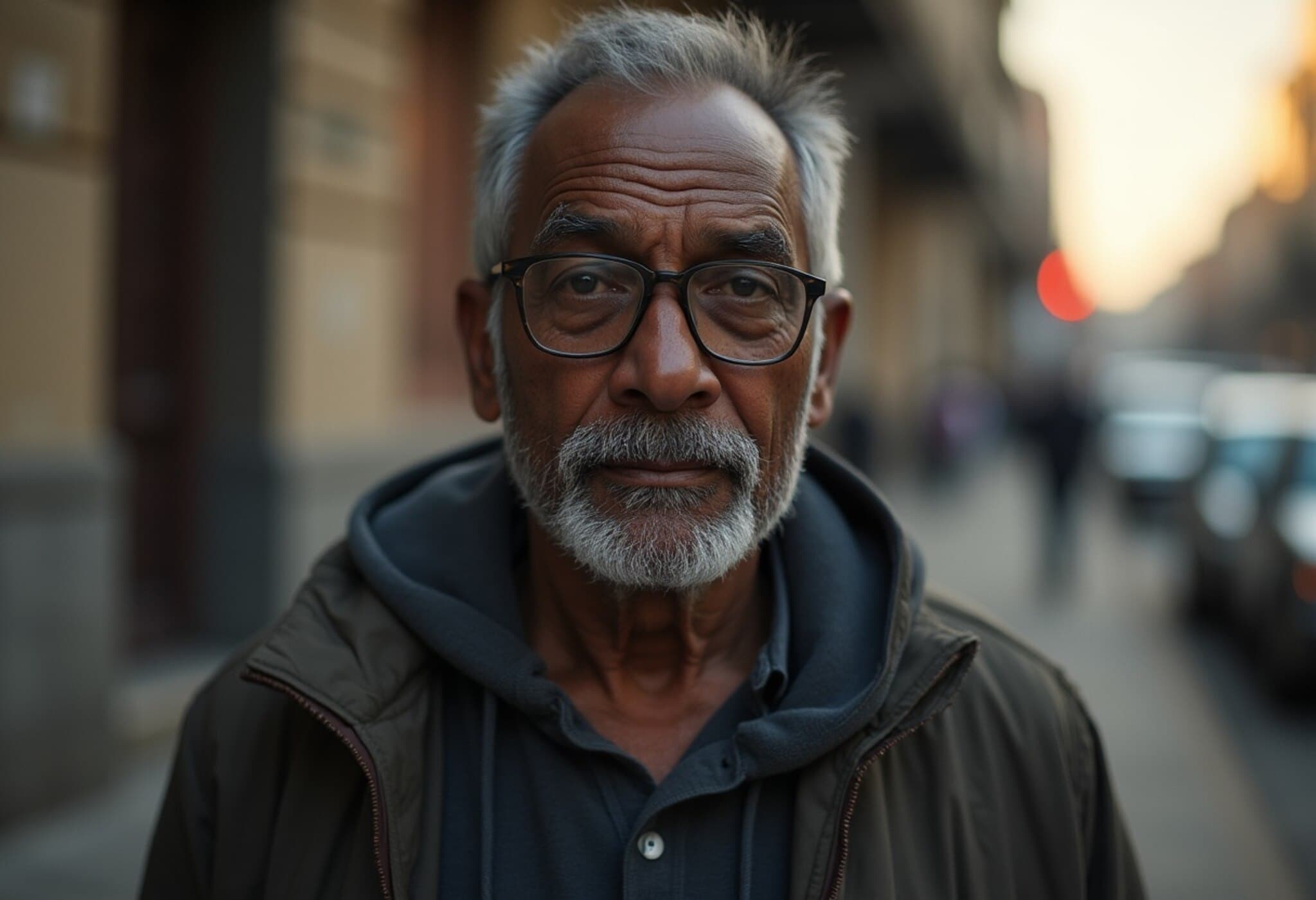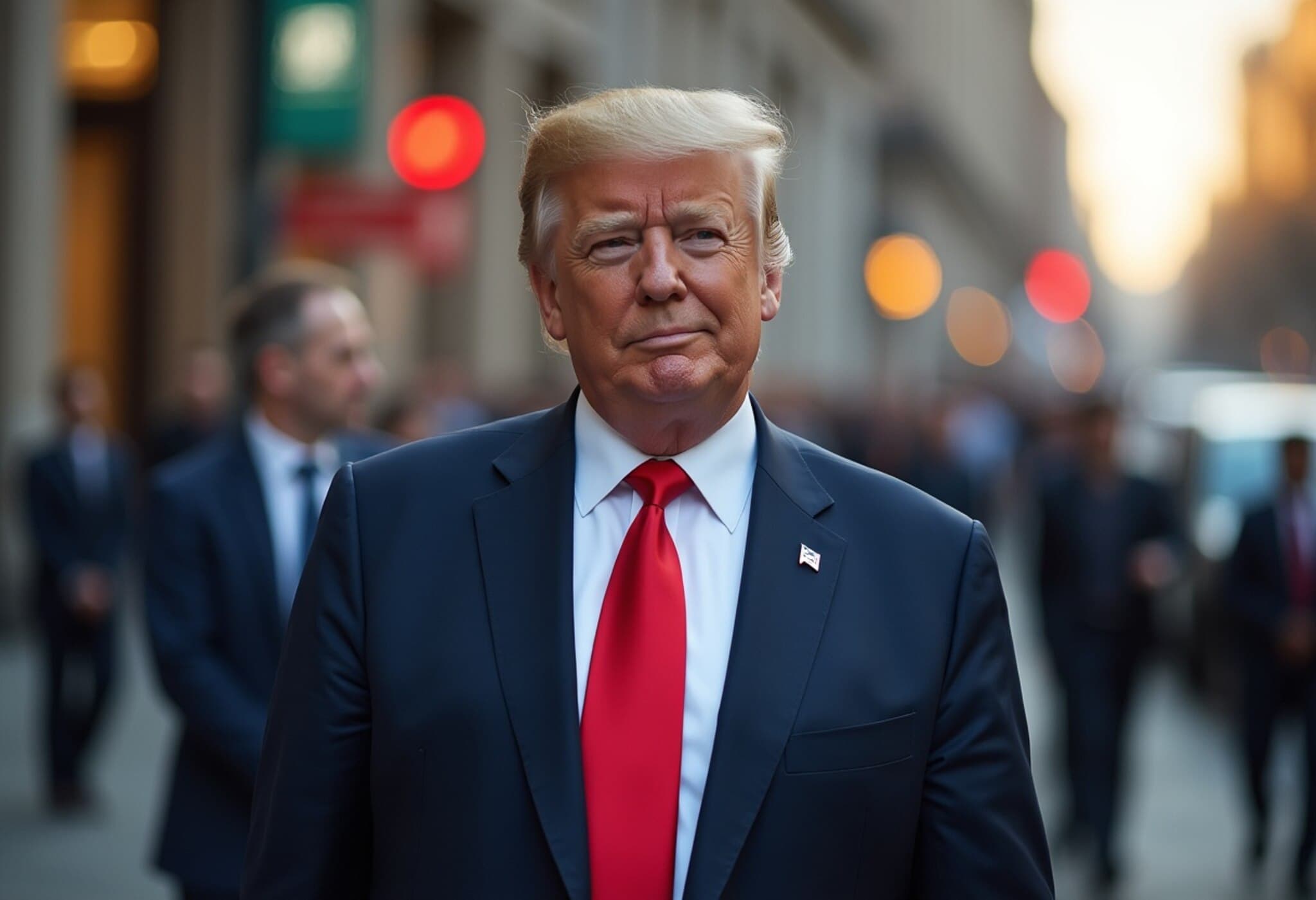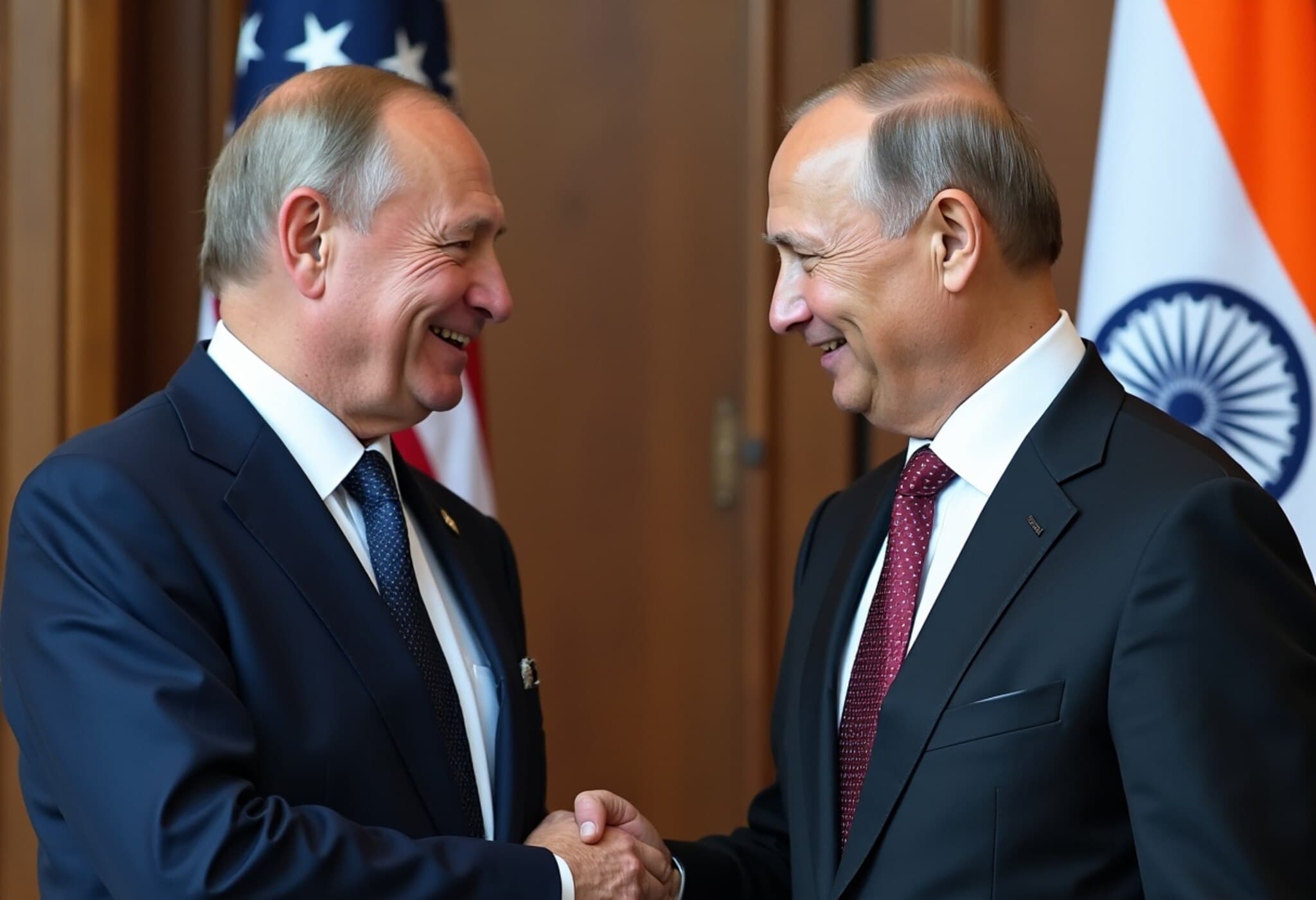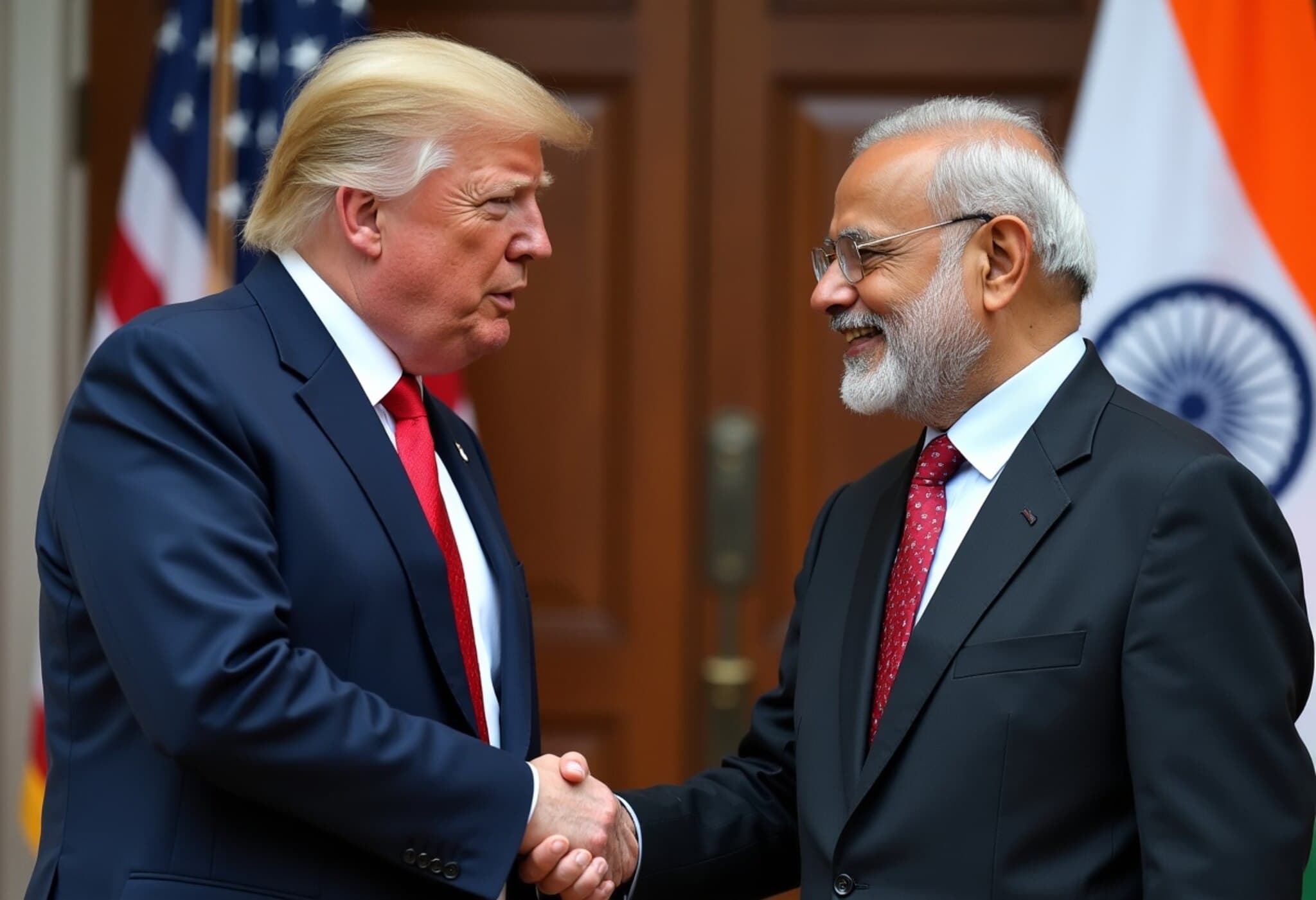Australia’s Economic Prosperity Tied to China’s Rise
Australia’s relationship with China is a story woven into the fabric of its economic success. Chinese investment and trade play a pivotal role in Australia’s prosperity, making China by far its largest trading partner. Prime Minister Anthony Albanese’s recent six-day visit to China paints a picture of diplomatic renewal after years of frosty relations.
Warm photo ops, light-hearted sporting chats, and high-profile summits with Chinese Premier Li Qiang marked this engagement. However, beneath the gloss lies a more complicated narrative, one that tugged at the heart of Australian journalist Cheng Lei’s experience.
The Human Cost Behind Diplomatic Glamour
Cheng Lei’s harrowing ordeal—over three years imprisoned on trumped-up espionage charges—throws a stark light onto the human rights realities shadowing economic ties. For two years after her release, moments like being deliberately blocked from official photographs with Chinese officials have underscored how fraught the relationship remains.
Her experience is a visceral reminder of the cost of authoritarian control—a system where dissent is crushed, and information tightly controlled. While Australian diplomats work to meld economic cooperation with respect for human dignity, stories like Cheng’s reveal the chasm between rhetoric and reality.
Understanding China’s All-Encompassing Party Control
China's unique political model centers on the Chinese Communist Party’s absolute supremacy. This party-first principle means individual rights often take a backseat to preserving the party’s power. Large-scale infrastructure and rapid economic growth come with hidden costs:
- Limited labor protections under threat of severe punishment
- Heavy censorship with tens of thousands of human moderators filtering online content
- Restricted freedom of speech and assembly
- Opaque environmental standards and muted exposure of industrial pollution
These realities challenge Western visitors’ often simplistic narratives praising China’s development speed without grasping the underlying social tradeoffs.
The Underreported Questions: What Price Freedom?
Cheng poses essential questions rarely addressed in mainstream discourse:
- Why do Chinese elites send family members abroad, often keeping foreign citizenship?
- Why is the CCP so resistant to transparency, such as officials declaring assets?
- How does global trade and foreign investment bolster China’s military ambitions and authoritarian controls?
These are not just academic queries—they resonate powerfully in Australia where economic interests mesh uneasily with democratic values. The tension is palpable amid calls for decoupling from China and fears of economic fallout.
The Activists and the Silences
While the Australian government takes measured steps, activists and dissidents often feel sidelined. The story of Yang Hengjun, an Australian democracy advocate imprisoned in China, epitomizes this painful silence. Even within the sizable Australian-Chinese community, voices remain cautious under pressure from Chinese consular harassment.
Local political parties show varying degrees of engagement with China-controlled entities, highlighting the complex domestic politics surrounding the issue.
Finding a Delicate Balance for Australia
Australia faces a diplomatic tightrope. On one hand, it reaps undeniable benefits from China’s markets. On the other, it must uphold its values of freedom, transparency, and human rights without alienating this vital partner.
Cheng Lei’s insights serve as a sober call for vigilance and honesty. She urges not to reduce China-Australia relations to simplistic binaries or partisan squabbles. Instead, a nuanced, informed public discourse is needed—one that recognizes both the opportunities and serious challenges inherent in this multifaceted partnership.
Expert Perspective: The US Angle and Regional Stability
From an American policy standpoint, Australia’s China ties are a bellwether for regional geopolitics. Balancing economic engagement without ceding strategic autonomy aligns with broader US interests in maintaining a free and stable Indo-Pacific region. This balance requires not only diplomatic skill but also backing from robust civil society support within Australia.
Editor’s Note
Cheng Lei’s personal journey crystallizes the complex interplay between economics and human rights in Australia-China relations. As Australia navigates this pivotal partnership, an informed and compassionate public dialogue is more crucial than ever. How can Australia maintain its prosperity while standing firm on its democratic principles? And what role do ordinary citizens play in shaping this future? These are questions that demand our collective reflection.






